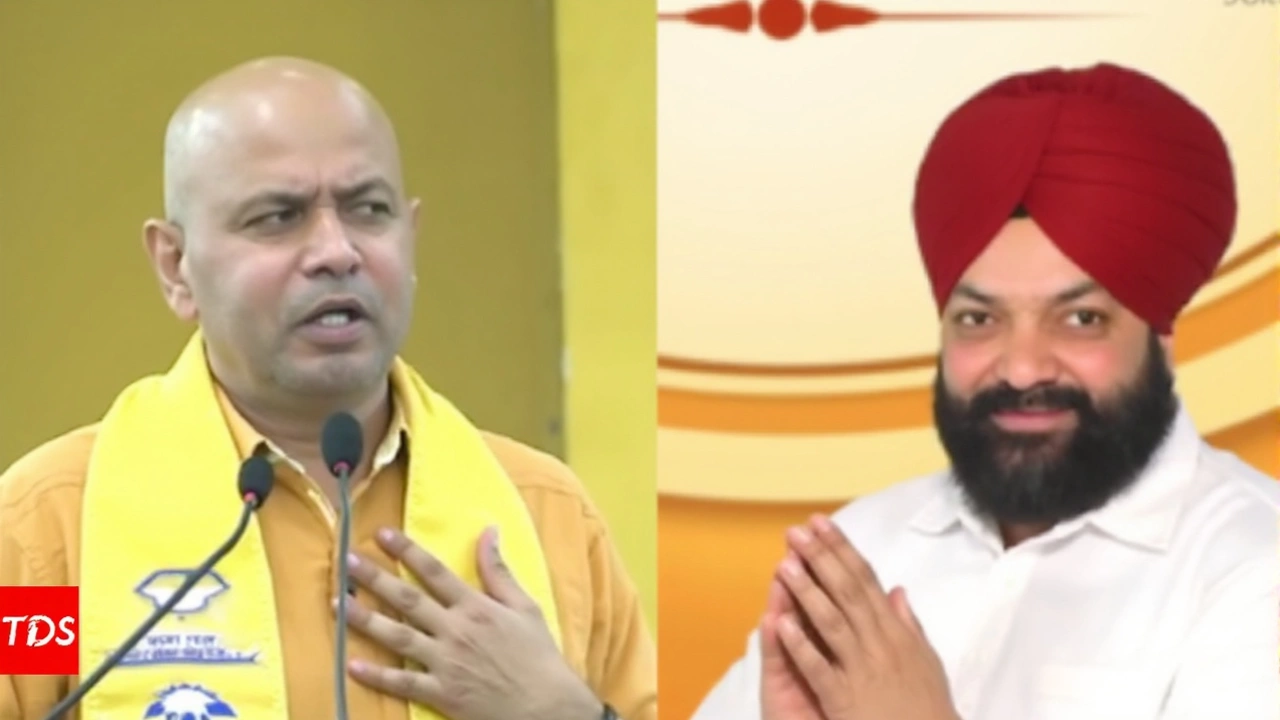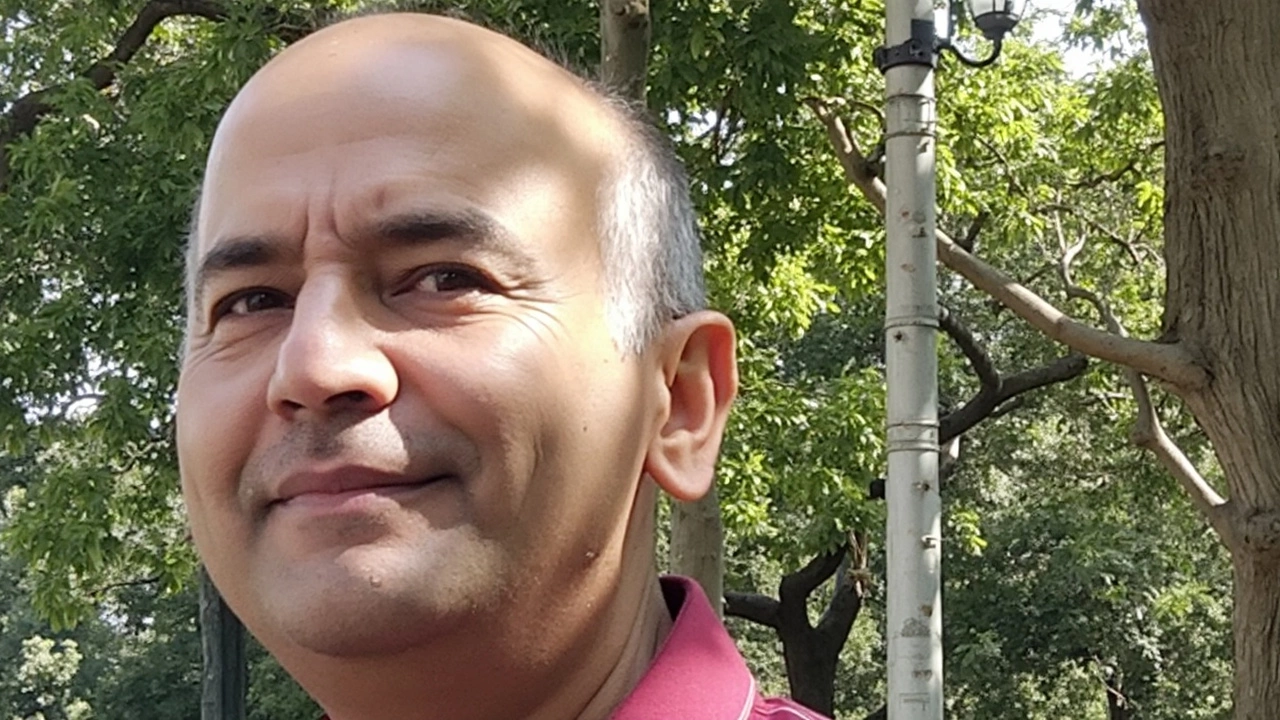Manish Sisodia – Who He Is and Why He Matters
Manish Sisodia rose to fame as one of the founding members of the Aam Aadmi Party (AAP) and served as Delhi’s finance minister for several years. He was the brain behind the city’s budget, education overhaul, and health initiatives that many locals still talk about today. If you’re trying to understand Delhi politics or AAP’s rise, Sisodia’s story is a good place to start.
Born in Delhi, Sisodia joined the anti-corruption movement led by Arvind Kejriwal and helped shape the party’s early agenda. When AAP won the 2015 Delhi election, Sisodia took charge of the finance portfolio and quickly moved to reshape public spending. Instead of big infrastructure projects, he pushed funds toward schools, hospitals, and subsidies for the poor.
Key Achievements in Delhi
One of Sisodia’s biggest wins was the education reform that turned government schools into “model schools.” He introduced free tuition, better infrastructure, and a new curriculum focused on critical thinking. Parents noticed fewer drop‑outs and higher exam scores, which turned the school system into a political talking point.
In health, Sisodia launched the “Mohalla Clinics” network, offering free primary care in neighbourhoods that previously lacked any medical help. These clinics reduced the load on bigger hospitals and gave low‑income families a basic safety net. The model was later praised by other state governments looking for a low‑cost health solution.
Financially, he kept the budget balanced while increasing social spending. By cutting wasteful contracts and improving tax collection, Sisodia managed to run a surplus in some years—a rarity for Indian state budgets. This fiscal discipline helped AAP claim they could govern without causing economic chaos.
Legal Battles and Political Fallout
Despite the accolades, Sisodia’s career hit a rough patch in 2023 when the Enforcement Directorate (ED) raided his offices over alleged money‑laundering. The case stemmed from claims that he held undisclosed assets worth crores. The arrest sparked protests from AAP supporters, who argued the move was politically motivated.
While the legal process is still ongoing, the controversy has forced Sisodia to step back from active politics. He was released on bail but remains a polarising figure—some see him as a champion of public service, others view him as a symbol of alleged corruption. The case also put AAP’s internal dynamics under scrutiny, with questions about how much power should be concentrated in one leader.
Regardless of the outcome, Sisodia’s policies continue to affect daily life in Delhi. Schools still follow the model he set, and Mohalla Clinics remain a vital health resource. For anyone watching Indian politics, his story shows how quickly a reformist can become a target, and how policy legacies can outlive personal controversies.
If you’re curious about how Delhi’s budget works, what makes a school “model,” or why the ED got involved, keep an eye on Sisodia’s next moves. Whether he returns to a front‑row seat or stays out of the limelight, his impact on the city’s public services is hard to ignore.

